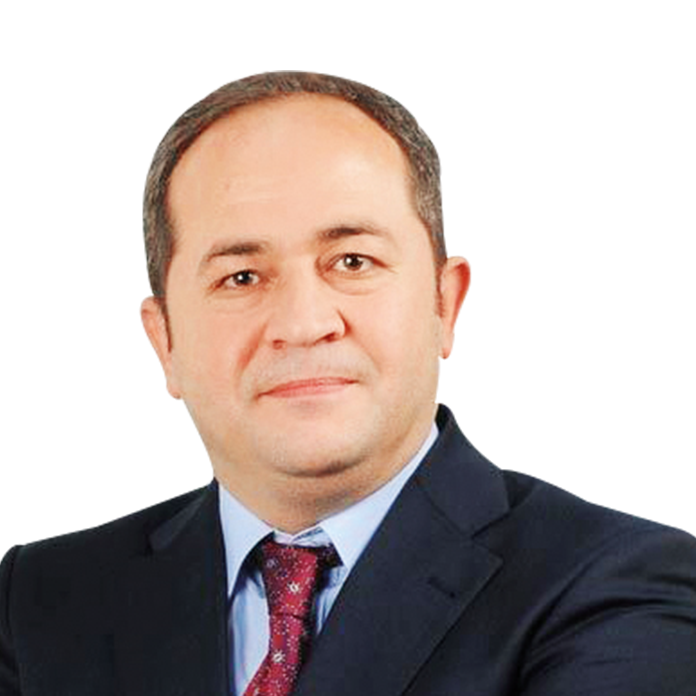The most significant political dynamic of 2014 was the presidential elections. The presidential elections presented the possibility of Tayyip Erdoğan becoming the first president to be elected by popular vote, and would impact both the speeding up of the search for a system with increased emphasis on a presidential system, and the future of the AK Parti (Justice and Development Party) since it would elect a new chairman.
The impact that the presidential elections would have on the AK Parti, and the direction in which the parliamentary system would head, sufficed to make it the most dominant item on the political agenda. However, many of the dynamics that shaped the political battleground after the Sept. 12, 2010 referendum would determine the year preceding the elections, and the one following it as well, thus making it immensely significant.
The referendum of Sept. 12 led to a new set of coordinates for the political agenda as it resulted in victory for democracy in the political battle that was being waged since 2002 along the tutelage-democracy axis. After 2010, the new determining dynamic in politics was which actor and mindset would be at the forefront of the struggle to build the New Turkey.
This radical transformation of the political agenda also transformed the political battleground and the sides involved. As the AK Parti and Erdoğan continued to display their determination to build the New Turkey, it led to many actors and circles with differing theses on the potential coordinates of new Turkey – including those who supported the AK Parti during the process of purging tutelage – uniting in their opposition to the AK Parti.
Many circles with differing ideas in regard to the coordinates for New Turkey, in time, ignored the differences of opinion amongst themselves and merged on the common ground of their opposition to Erdoğan. The merging of segments with differing political visions on the basis of their opposition to Erdoğan, on the one hand, rendered the political battle void of content and prioritized acts of engineering over doing politics; and on the other hand, paved the way for the opportunity of a New Turkey to be identified with the name Erdoğan.
The presidential elections and Erdoğan’s potential candidacy served the function of crystallizing this battle. When its impact on the political system and the future of the AK Parti is also taken into account, the presidential elections would be the most critical bend in this political battle that would determine the fate of New Turkey.
This is why almost right after the conclusion of the June 12 elections, the presidential elections served as the strongest dynamic of the political agenda. The retention of societal support by the AK Parti and Erdoğan led to the opposition resorting to alliance politics and political engineering. Due to its very nature, the merging of identity-based politics, which limits political transition to the maximum extent possible, with alliance politics, meant political polarization scaled new heights. When this polarization merged with the worry of losing, the bonds with political legitimacy were severed, and almost all politics was forsaken in favor of acts of engineering.
As Turkey was headed for presidential elections, the first and most efficient move where identity-based politics, alliance politics and political engineering all functioned in concert was the Gezi actions. Approximately six months after that, the coup attempts of Dec. 17 and 25, 2013 were initiated. Although both developments failed to attain their envisaged aims, they left lasting and destructive impacts in the political arena.
The presidential elections concluded with Erdoğan’s taking over the presidency. However, the political moves made both prior to the elections, and to directly affect the elections, continue to have an impact, and their potential effects on both Erdoğan’s presidential political system and the AK Parti’s future remain to be seen.




















